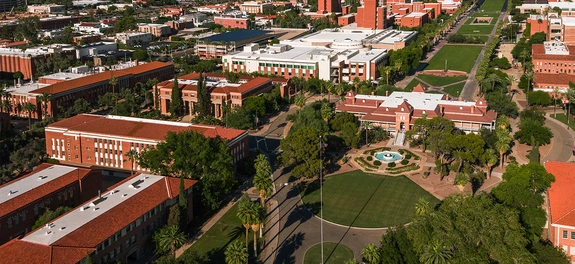
College & Program Initiatives
Artificial intelligence is powering research and development in almost every college and department at the University of Arizona. From “digital twin” 3D virtual replicas used in construction and aerospace to VR platforms that support sustainable farming and early disease detection, our researchers are applying AI to real-world problems in groundbreaking ways. Below are a few of the many initiatives driving innovation across Arizona.
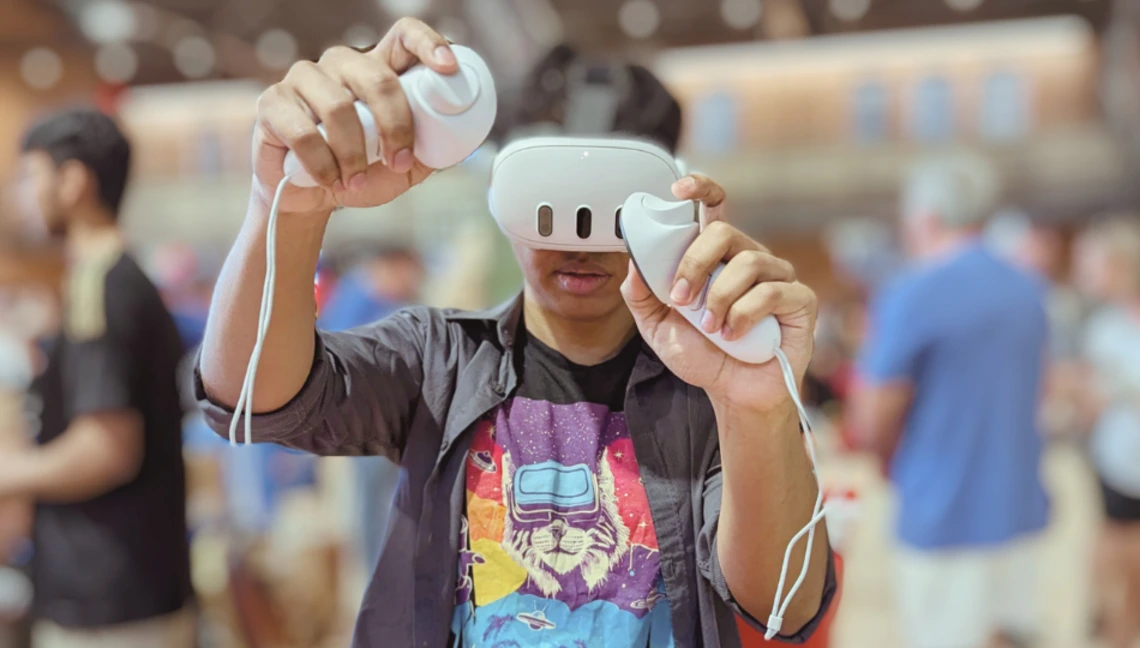
AI Core
College of Information Science
In this experiential learning program, students gain hands-on experience by working on real-world projects, preparing them for work in AI and emerging technology.
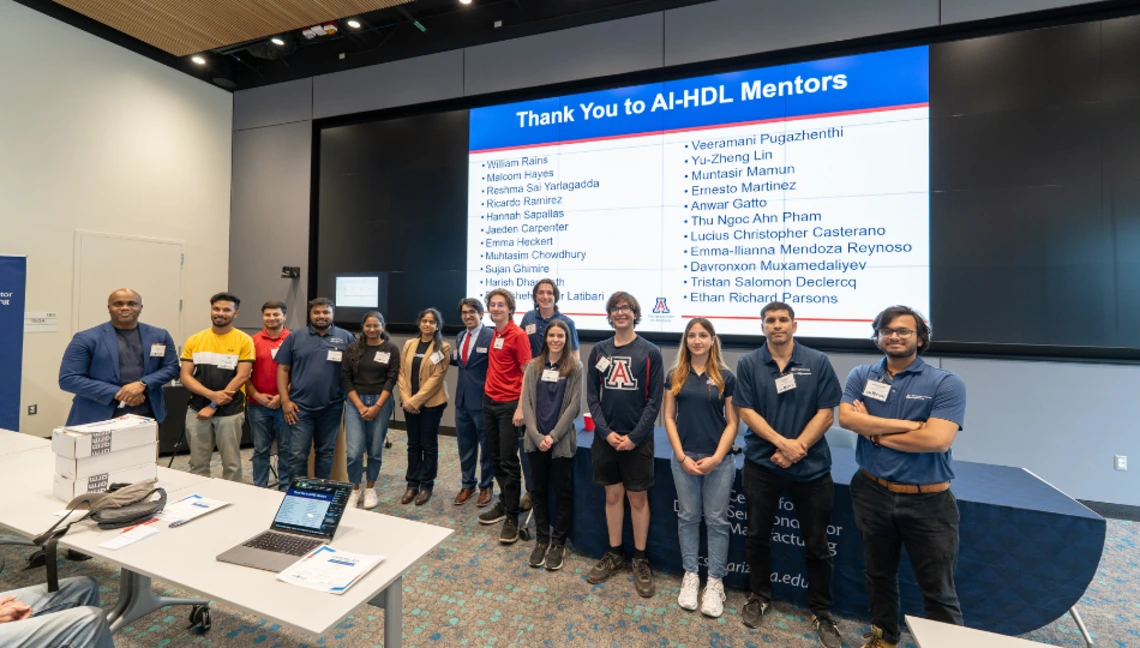
AI Hardware Design League (AI-HDL)
Department of Electrical and Computer Engineering
Center for Semiconductor Manufacturing
In this annual student competition, teams use large language models, hardware simulators and design tools, and technical guidance from industry-leader mentors to design and verify next-gen hardware.
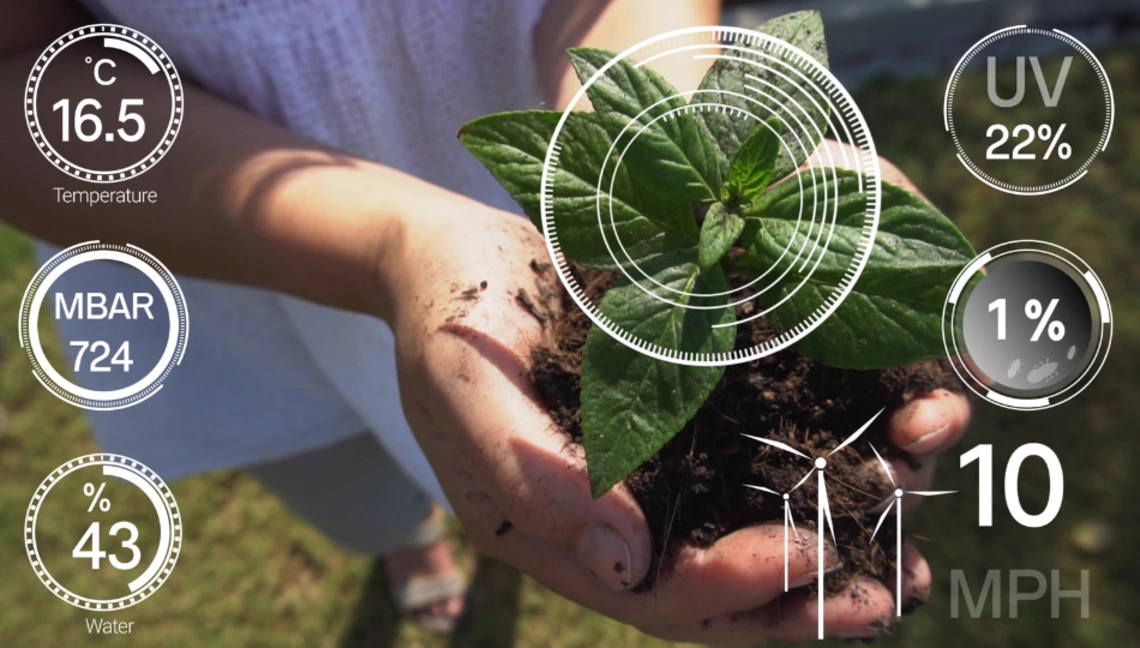
Cyber Experiment Station
Arizona Experiment Station, Division of Agriculture, Life and Veterinary Sciences, and Cooperative Extension
This team of data scientists, programmers, engineers and other experts harnesses AI and tech tools to support research and communication in agriculture, ecology, biotech and beyond.

Arizona Center for Accelerated Biomedical Innovation (ACABI)
College of Health Sciences
Teams in this “creativity engine” design and develop potential solutions for unsolved problems and unmet needs in healthcare, including therapeutics, diagnostics and cutting-edge medical devices.

SensorLab
College of Health Sciences
A cross-disciplinary collaboration developing innovative sensor systems that monitor and respond to real-time human physiology and behavior.
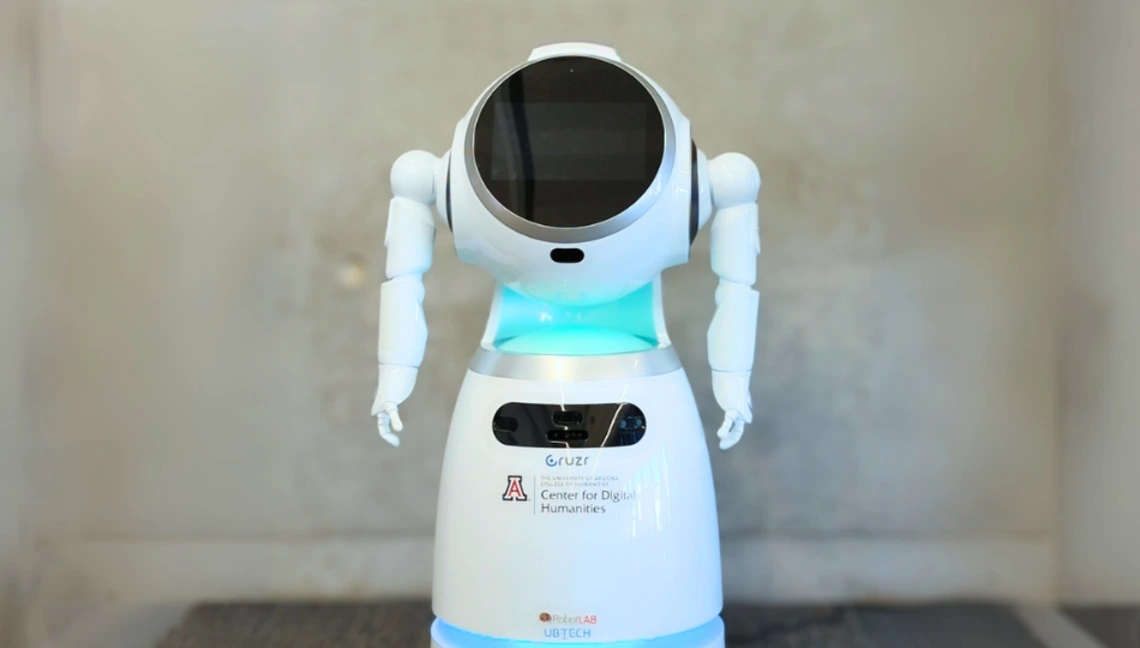
Center for Digital Humanities
College of Humanities
This research and innovation incubator leverages the sorting, analysis and visualization power of digital tools to help study the human condition and more fully understand the world’s enduring and emerging needs.

Writing Skills Improvement Program
College of Humanities
Workshops such as “AI and Academic Writing” explore how to use AI ethically and effectively throughout the writing process in all disciplines.

Artificial Intelligence & Machine Learning Research Area
College of Information Science
Faculty members are leaders in AI and machine learning research, including causal interference, data mining, deep learning, large language models and natural language processing.

Center for Digital Society & Data Studies
College of Information Science
Develops cutting-edge research about challenges and issues in contemporary digital life, including AI algorithmic bias, disinformation, privacy concerns, data access and digital ethics.
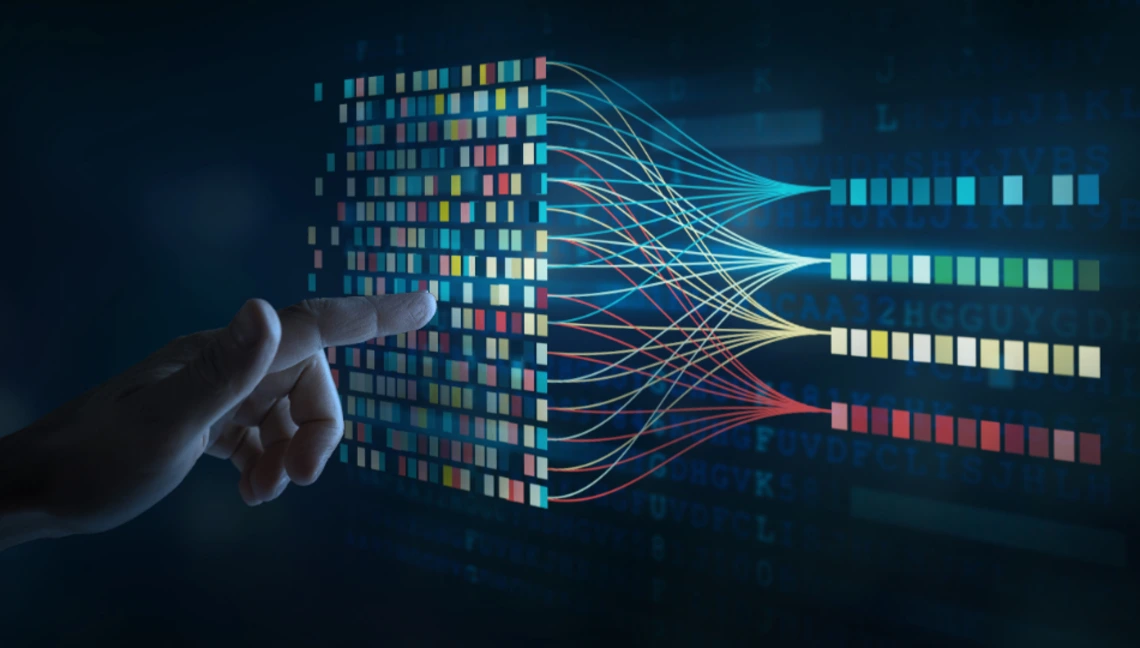
The Machine Learning for Artificial Intelligence (ML4AI) Lab
College of Information Science
Lab members research the human-AI connection, including human cognitive development, the sensorimotor foundations of human language, AI musicians capable of improvising with humans and more.
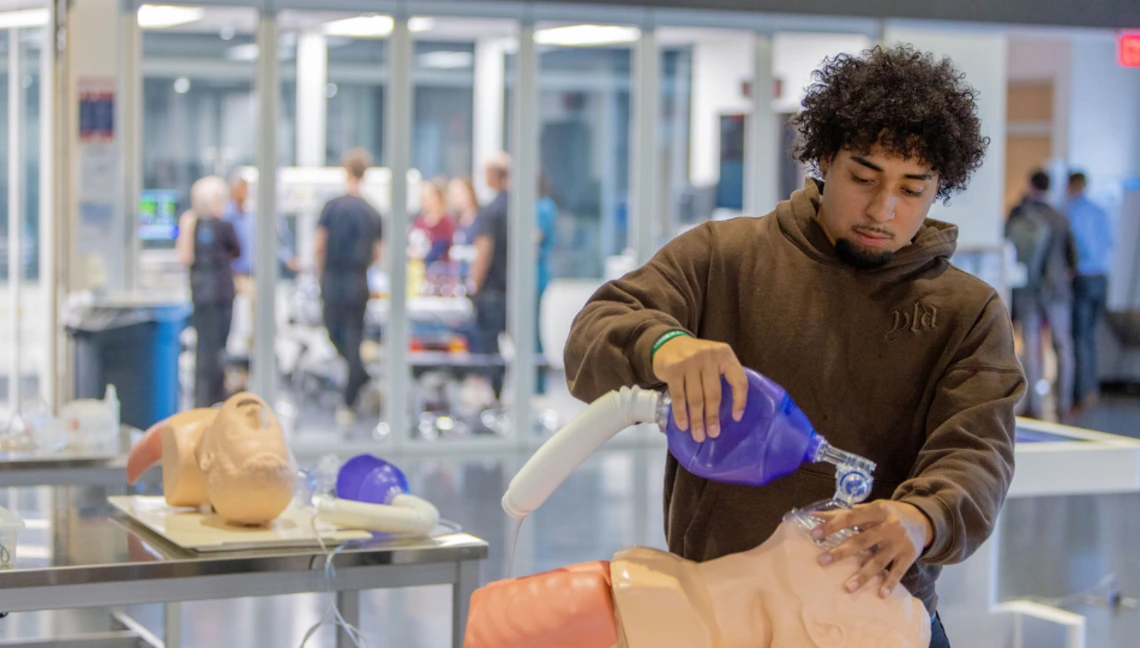
Arizona Simulation Technology & Education Center (ASTEC)
College of Medicine/Tucson
The facility includes a 2,000-foot workshop for developing technology that can simulate healthcare environments, and its dedicated AI division provides resources and personnel for the creation of AI tools that further improve training for students in health professions.

Generative AI Leadership Accelerator (GALA)
Eller Executive Education
This four-day intensive training program led by world-class faculty offers executives the chance to gain hands-on generative AI experience and develop a leadership road map.
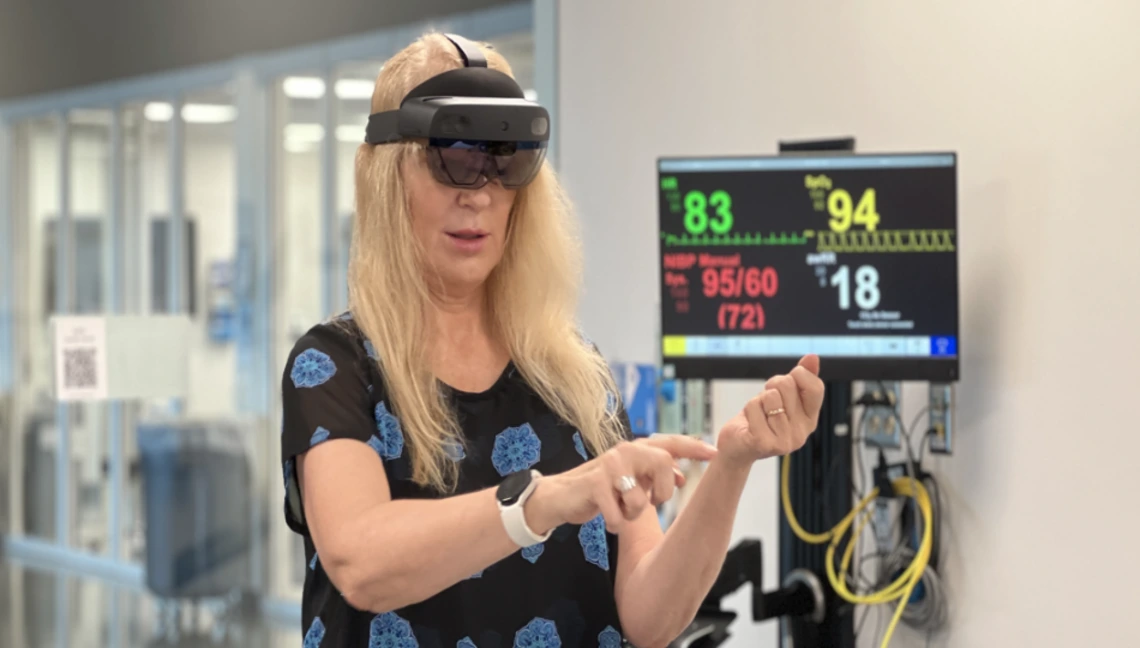
Complex Adaptive Competency Lab
College of Nursing
This team explores how AI and immersive learning technologies including AR/VR can support nursing education and boost student readiness.
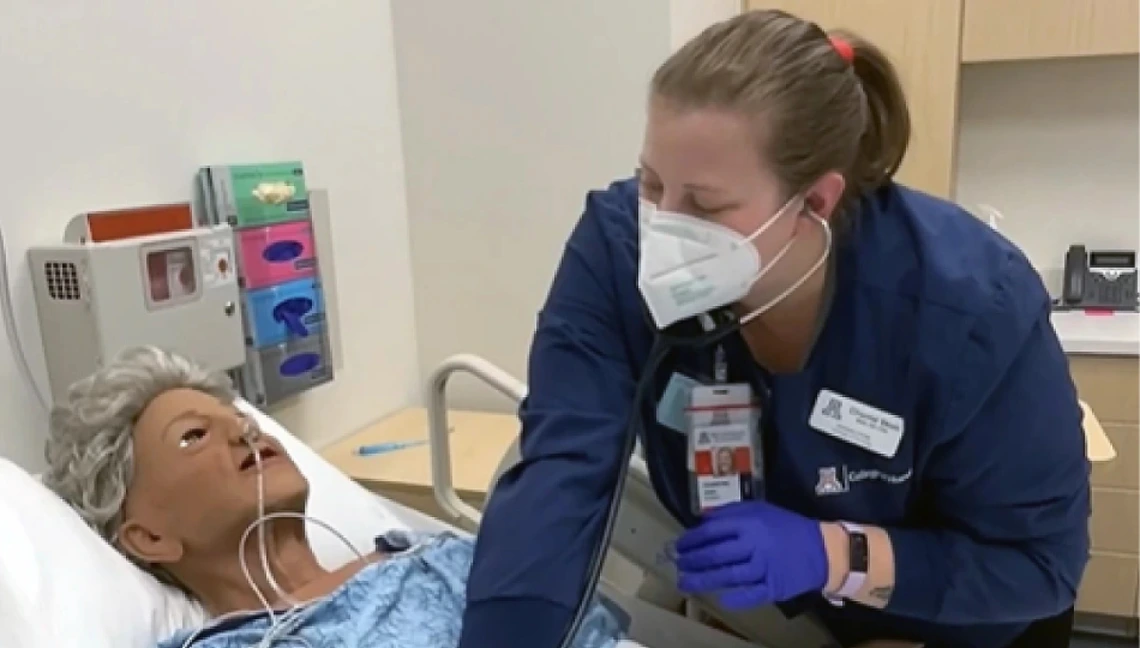
Simulation Innovation and Mentoring Services (SIMS)
College of Nursing
A study at this facility is exploring the development of an AI-powered coaching agent that can support simulation-based clinical training.

Artificial Intelligence (Natural Language Processing, Machine Learning, Vision)
Computer Science
A collaborative research group is focused on how to build smarter systems, analyzing computational approaches if automated reasoning runs across uncertainties.

CyVerse
Data Science Institute
This powerful open-source cyberinfrastructure platform enables researchers to work with huge datasets and complex analyses.
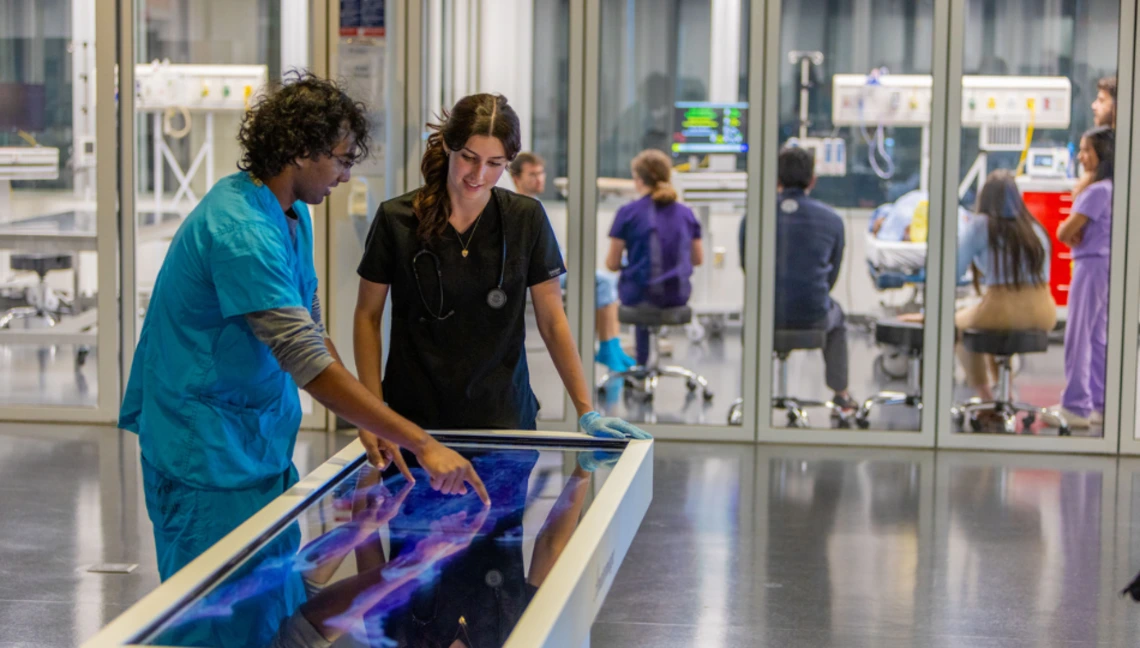
AI for Public Health Initiative
Mel & Enid Zuckerman College of Public Health
In the Zuckerman College of Public Health, we lead the way to train a new generation of public health professionals who know how to implement AI to protect and improve population health in ways never before possible.

Artificial Intelligence Laboratory
Eller College of Management
The world’s only AI lab or center within a business school is researching and contributing innovations in the fields of cybersecurity, management information systems, healthcare and more.
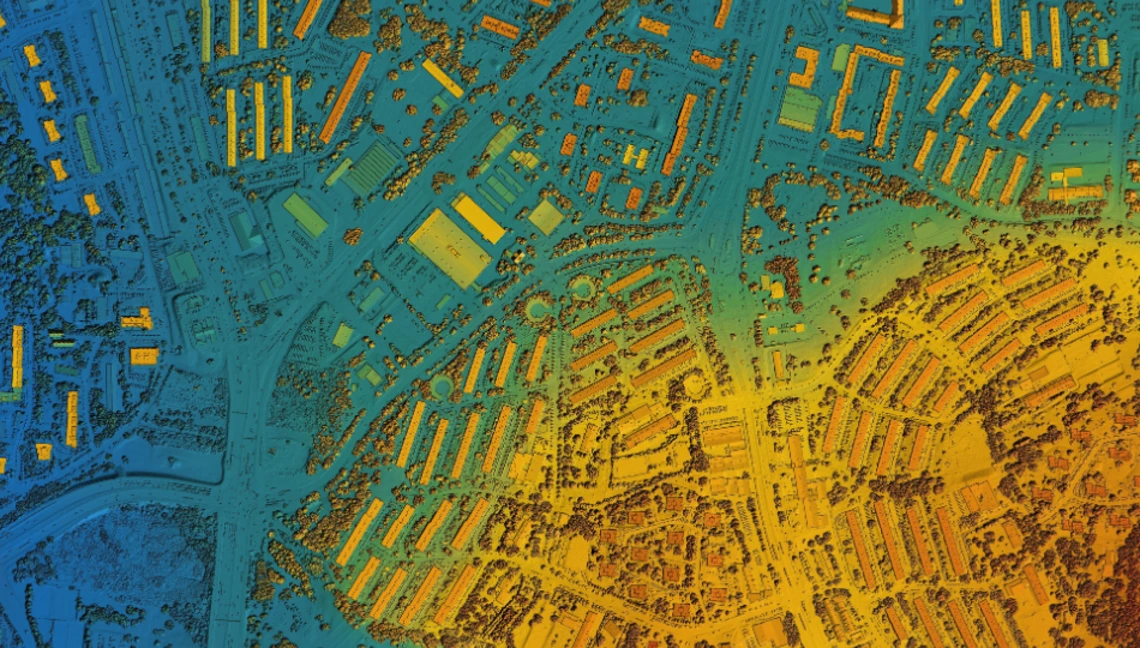
Advanced Resource Technology Lab
Natural Resources & the Environment
Researchers at the lab are using AI to develop the next generation of GIS tools for modeling, mapping and analyzing complex natural systems.

Terry J. Lundgren Center for Retailing
Norton School of Human Ecology
As part of the Sustainable Retailing minor curriculum, students use VR “twins” to study how shoppers interact with products. VR modules about sustainable fashion, food and household products are in the works.
